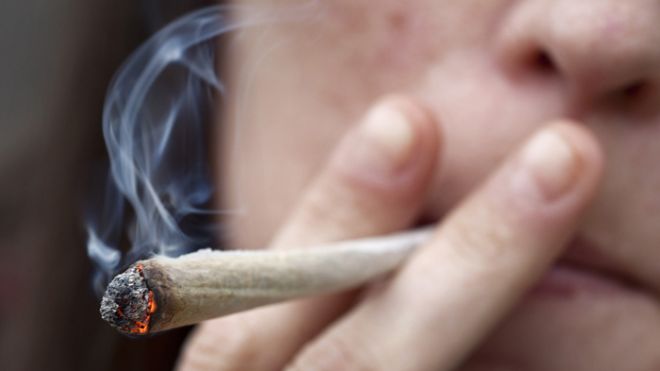
NEW YORK – & The nation's record-low teen birth rate stems from robust declines in nearly every state, but most dramatically in several Mountain States and among Hispanics, according to a new government report. All states but West Virginia and North Dakota showed significant drops over five years. But the Mountain States of Arizona, Colorado, Idaho, Nevada and Utah saw rates fall by 30 percent or more. In 22 states, teen Hispanic birth rates plunged at least 40 percent, which was described as “just amazing,” by the report's lead author, Brady Hamilton of the Centers for Disease Control and Prevention. What's driving the declines? No one can say for sure. Experts believe the explanation is complicated and probably varies a bit from state to state. The national figure has been falling since 1991, aside from a brief interruption in 2006 and 2007. The CDC report released Thursday is based on birth certificates for 2007 through 2011. Last year, the CDC announced the overall improvement in teen births: a record low of 31 births per 1,000 teens ages 15 to 19. That compares to 42 births per 1,000 five years earlier. The new report focuses on state figures in 2011: -- Lowest rates are in New Hampshire, Massachusetts, Connecticut and Vermont, each with rates under 17 per 1,000. -- Highest rates overall continue to be in the South, led by Arkansas and Mississippi, each with rates of about 50 per 1,000. In Arkansas, the majority of teen births are to white moms. In Mississippi, the majority are black. -- White teens continue to have the lowest birth rate nationally -- about 22 births per 1,000. Black teens saw a larger improvement, but their rate was still more than twice the white rate, at 47 per 1,000. -- Overall, the Hispanic rate plummeted from 75 to 49 per 1,000, now virtually a tie with the black rate. The teen drop in the last five years coincided with an overall decline in births, which experts attribute to a weak economy that dampened enthusiasm for having children. Hispanic women have been part of that trend, possibly due to the economy and to illegal immigration crackdowns in some states that reduce the number of young Hispanic females entering the country from Mexico and other nations, said John Santelli, a Columbia University professor of population and family health. That means new immigrants are having less impact on birth statistics, and second- and third-generation families are having more influence. As time goes on, Hispanics -- like other immigrant groups before them -- tend to adopt American customs and practices. “There is more attention on education, career, and the future,” said Dr. Janet Realini, head of Healthy Futures of Texas, a San Antonio-based organization focused on preventing teen and unplanned pregnancies. Hispanic rates, though, continue to be much higher than those for blacks and whites in most of the states with the largest Hispanic populations, including California, Texas, New York, New Jersey, Arizona, Colorado, New Mexico and Georgia. Texas has the highest number of teen births in the nation, with nearly 43,000 in 2011. Nearly two-thirds were to Hispanic moms. The overall improvement, though, is something to celebrate, said Bill Albert, chief program officer of the National Campaign to Prevent Teen and Unplanned Pregnancy. “Geography, politics, or policy alone simply cannot explain the widespread declines,” Albert said in an email. “Credit goes to teens themselves who are clearly making better decisions about sex, contraception, and their future.”source : http://www.foxnews.com/health/2013/05/23/nearly-all-us-states-see-hefty-drop-in-teen-births/

